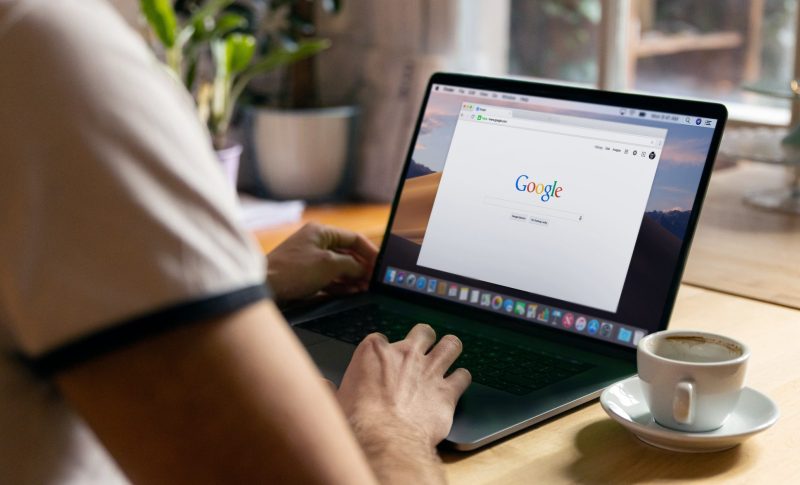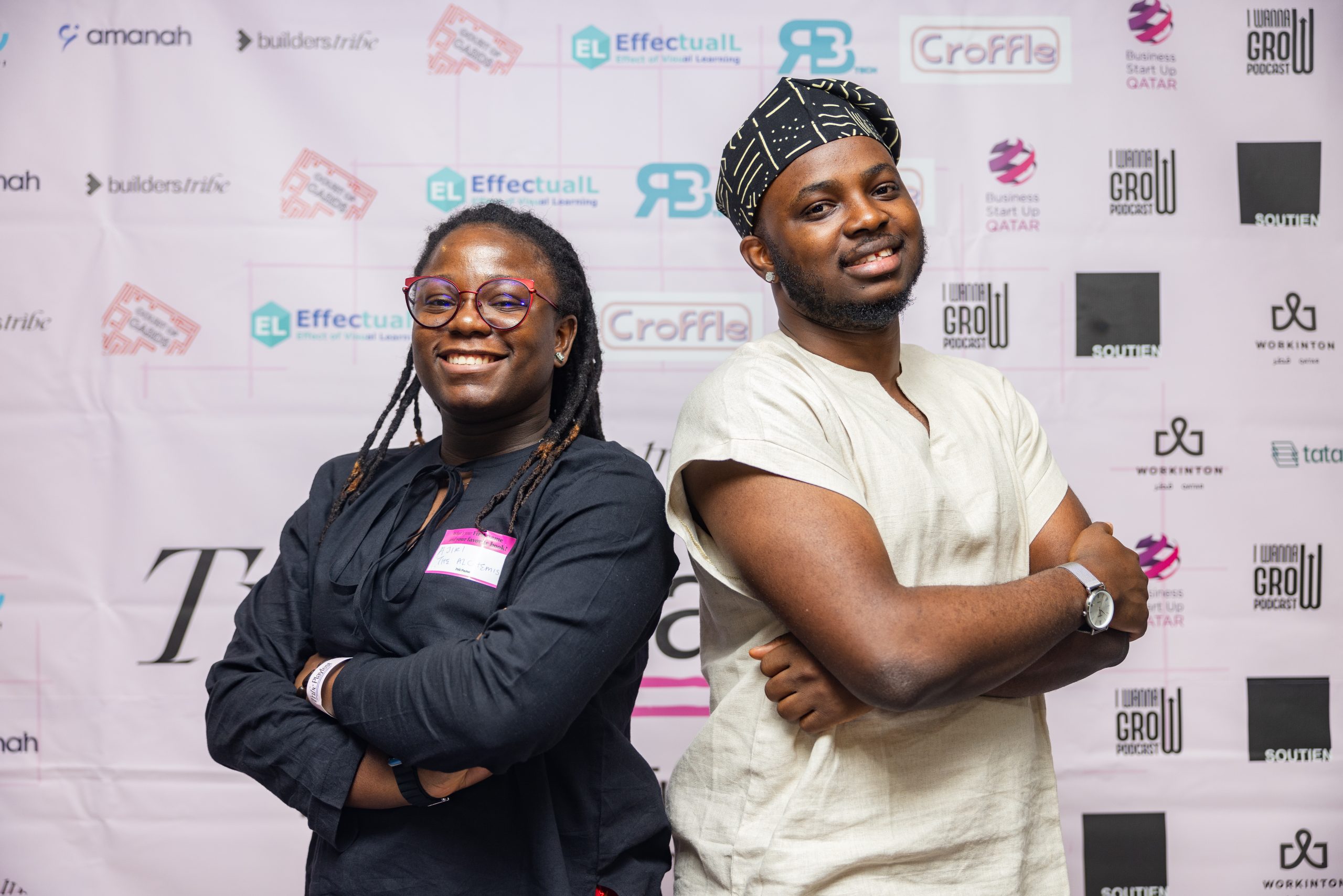The expert’s comments fall under what has been widely described as “digital amnesia” or the “Google effect”.
The excessive reliance on Google can weaken an individual’s memory, especially among women, a top expert said on Sunday.
“In the good old days in the previous century, we heavily relied on memory in our studies. Now, there has been a major transformation, a person can go on ‘uncle Google’ to retrieve any information, so we have a deterioration in the use of memory,” Dr. Jamil Babli, Director of Neuroscience research centre Doha, told Qatar Radio on Sunday.
The health expert noted that women are more prone to memory loss from the heavy dependence on the search engine due to their perceived inability to endure trauma and mental pressure.
“We know that women’s nervous system is less flexible than men. Men can endure trauma and life problems more [than women]. This daily pressure that we live in accumulates in our brain and affects our ability to retrieve information at the time we want,” he said.
Dr. Babil’s comments describe the phenomena of “digital amnesia” or the “Google effect”.
Delving into the “Google effect”, another study by the Kaspersky Lab, 2017 found that at least 30% of people forget an online fact shortly after obtaining it.
The term “digital amnesia” has been coined by experts following cognitive analyses over the impact of reliance on technology, whether to remember appointments or access information and the brain development.
Beyond Google searches, a report by The Guardian last year pointed to the distress caused by continuous scrolling on smartphones, though researchers are still divided over the link between the two.
Some scientists believe that smartphones serve as a tool to help remember basic information, though others have expressed their concern over the reliance on technology rather than the traditional use of memory.
“Once you stop using your memory it will get worse, which makes you use your devices even more,” Professor Oliver Hardt, who studies the neurobiology of memory and forgetting at McGill University in Montreal, said, as quoted by The Guardian.
Professor Hardt used the GPS as an example, which can also “reduce grey matter density in the hippocampus.”
“Reduced grey matter density in this brain area goes along with a variety of symptoms, such as increased risk for depression and other psychopathologies, but also certain forms of dementia. GPS-based navigational systems don’t require you to form a complex geographic map,” explained Hardt.
On the other hand Cambridge neuroscientist Barbara Sahakian backed claims of smartphones robbing people of being present in the moment, further hindering their ability to remember events.
“One group got instant messaging before it started, one got instant messaging during the task, and one got no instant messaging, and then there was a comprehension test. What they found was that the people getting instant messages couldn’t remember what they just read,” Sahakian said, citing a 2010 experiment.
Separately, research last year analysed the health phenomenon during the Covid-19 outbreak, which physically isolated populations globally for a long period of time, leaving them reliant on their devices to socialise.
During the beginning of the outbreak, students were forced to adopt virtual learning, which has been widely perceived as a disruption to traditional education.
“Apart from adverse effects to the memory, digital amnesia causes disruptive behaviour like a lack of focus, impatience, and increased aggression. Anxiety, depression, posttraumatic stress disorder, and panic attacks have also been associated with digital amnesia,” read part of the paper.
Some of the downsides of technological reliance include sleep disorders, impaired memory, and emotional instability.







